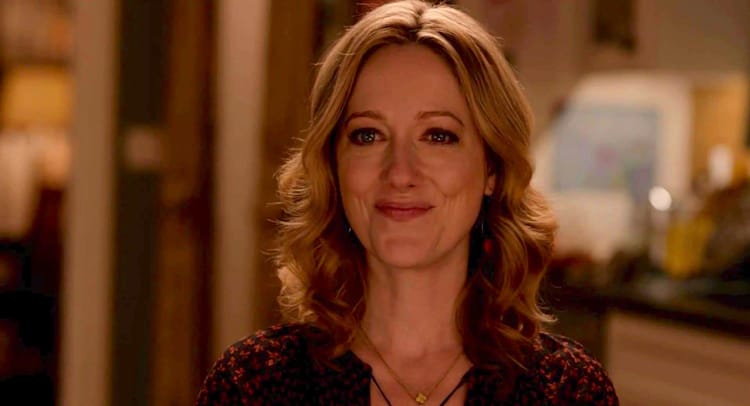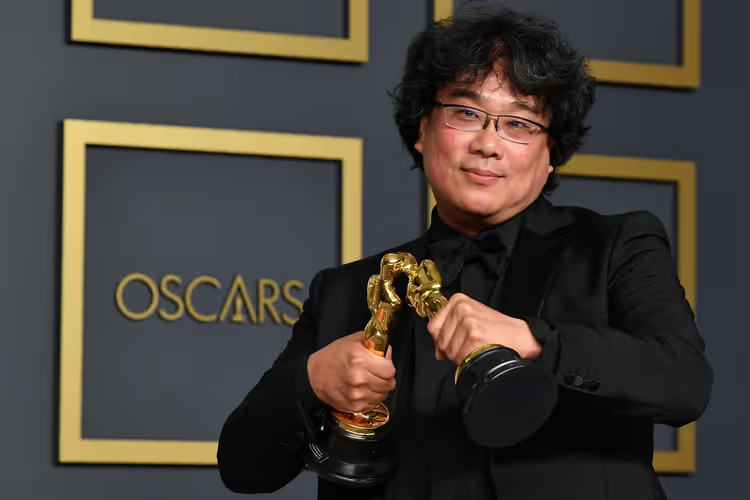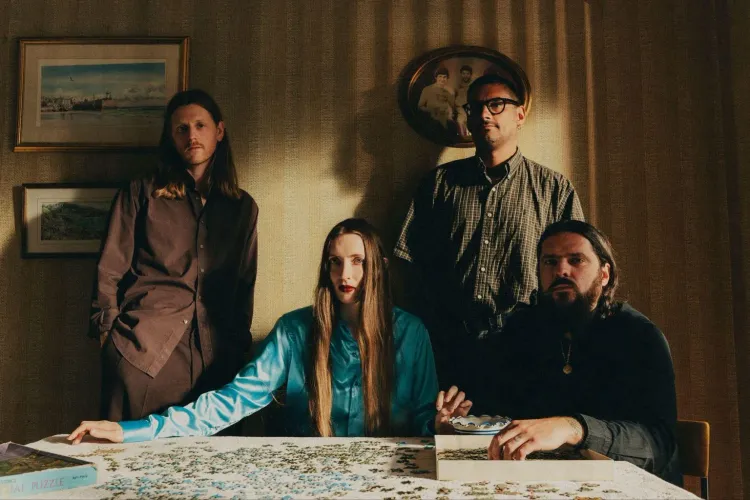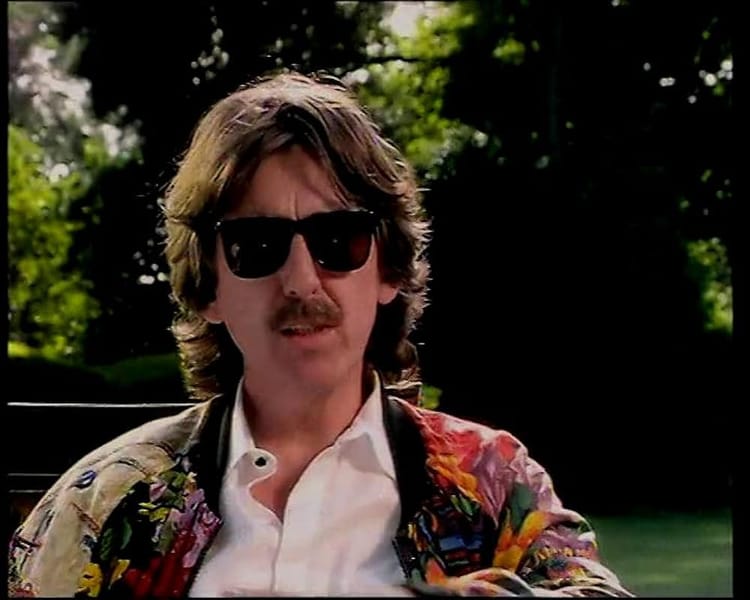Crazy In Love: Blurbing FTW 3/14/25
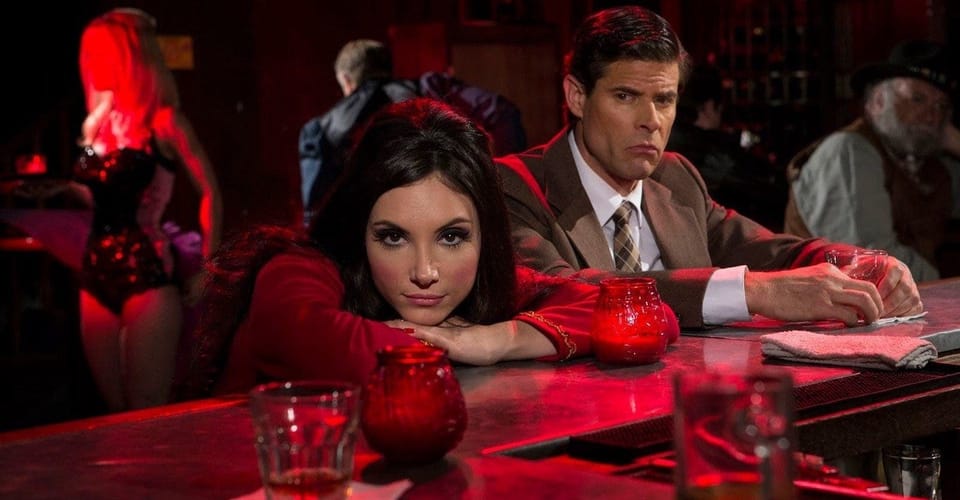
I’ve avoided The Love Witch for along time. I can’t remember if I read a “meh” review, or was listening to my dude-sense or what, but I expected a movie more concerned with subverting mainstream horror paradigms than delivering any cinematic thrills - something like that last Black Christmas remake. While The Love Witch indeed Isn’t Scary, it’s as delightful an erotic gothic comedy as The Witches Of Eastwick, and considerably more impressive visually. Samantha Robinson plays Elaine Parks, a woman who turns to witchcraft to snag a man worthy of her devotion. The twist is, rather than the occult corrupting a sweet young thing, magic is just there, courtesy of a community meaning to empower, but failing to save anyone from Elaine’s frustrated narcissism.
Director/ writer/ editor/ producer/ composer Anna Biller and award-winning cinematographer M David Mullen do a stunning job of making The Love Witch resemble a 4K remaster of a Roger Corman classic, capturing the artistry of the past rather than mocking the artifice. Occasionally, an actor’s choice may strike the uncanny valley, but mostly in the way old thrillers can, reminding us how hip people in decades past could be (see the original Black Christmas). The Love Witch, even more than Eastwick, conveys the chicken-or-egg who-hurt-who-first/most energy of the “battle of the sexes” in adult romantic relations. In broad, comic strokes, we‘re shown how effort to stifle weakness in order to play a role can cause you to resent a failure to reciprocate (or you’re so oblivious to the effort shown for your benefit, you think “being yourself" is reciprocation).
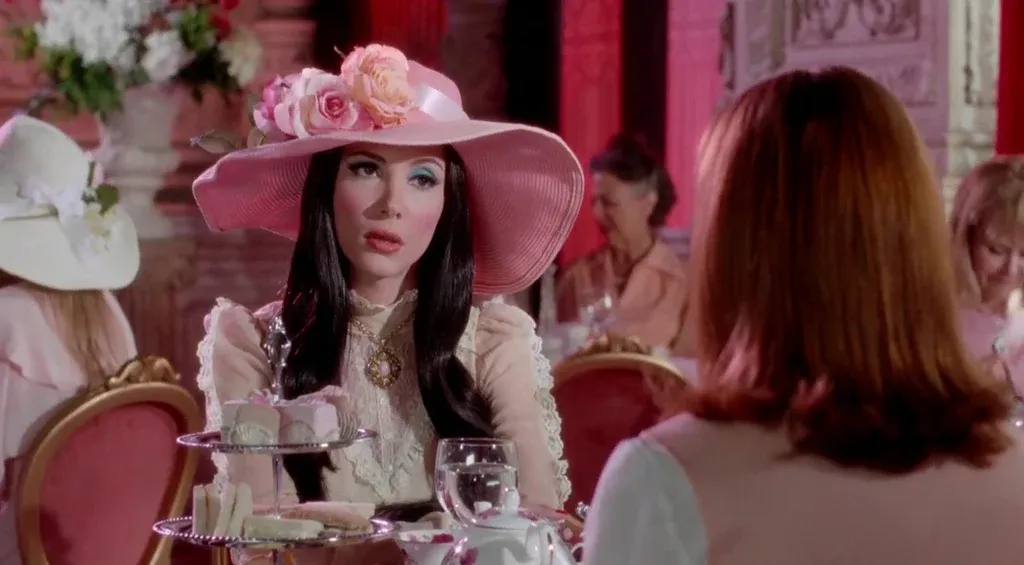
The aforementioned dude-sense means I shouldn’t go too hard about how feminist this is. Whether The Love Witch succeeds in rewarding or displaying the female gaze is for someone else to say. But I’m delighted by a movie with such feminist intent that also displays such a love of filmmaking, utilizing set design and lighting with purpose rather than finding them inherently suspect, like the arguably macho “realists” of Dogme 95. The ending could be more climactic, but that might be the dude-sense talking. FIVE BAGS OF POPCORN.
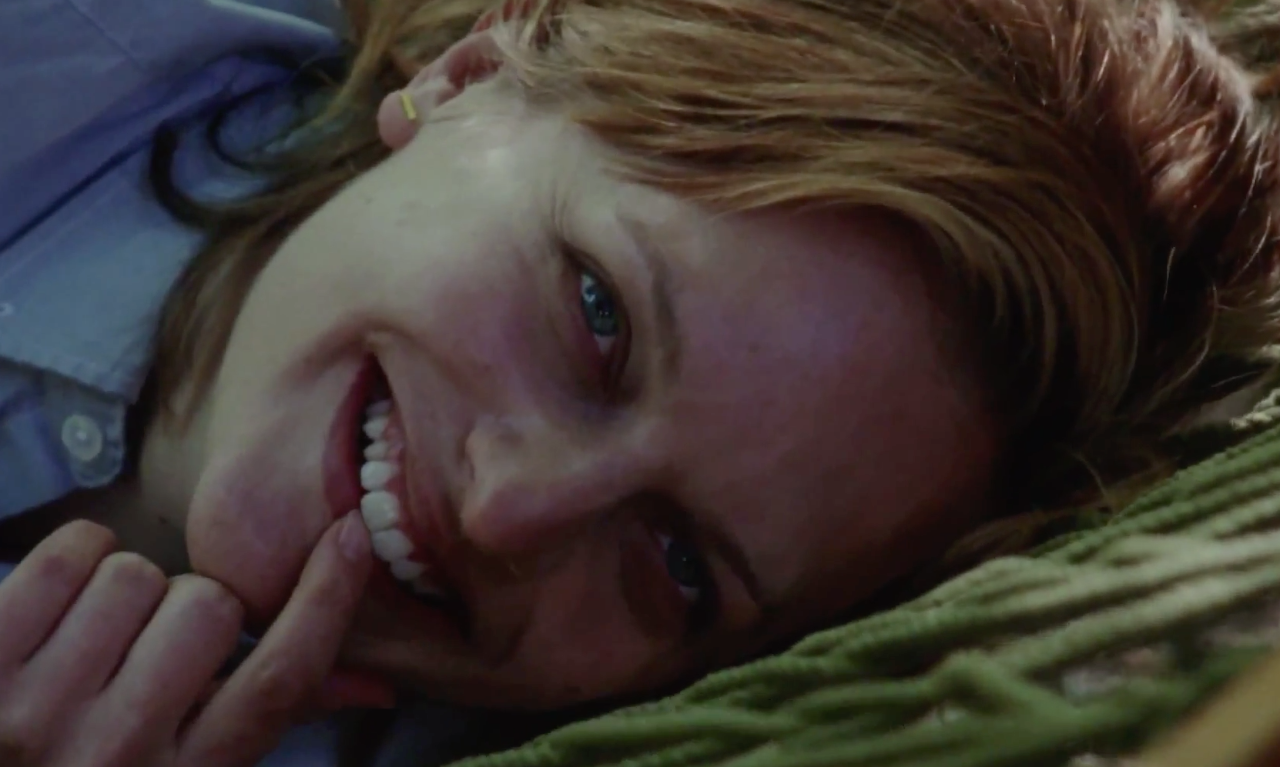
Queen Of Earth. A rich womanchild (Katherine Waterson) invites another rich womanchild (Elisabeth Moss) up to the family cabin, with the intent of helping her friend get over a break-up and the death of her father. Unfortunately, bad memories of their last trip up with the now-ex, and the host’s boorish fuckbuddy neighbor (Patrick Fugit) are only making things harder. Every character who appears is the fucking worst, and for a while the only thing making Queen tolerable is a musical score promising someone might get stabbed. But, while there’s no hope of anyone being better after this long weekend’s journey into woof, issues sure do come to a head. I’ve been avoiding Alex Ross Perry movies ever since I wandered across Moss doing a mediocre Only Ones cover to a rapturous audience in Her Smell, but I can now fathom why people check his shit out. If not assign him a Pavement doc. FIVE BAGS OF POPCORN.
Bob Mould, "Hard To Get"
Something I love about Bob Mould is how confidently and accurately he announces ambition. He can’t control whether the album gets a lot of love or a little, and he's had his share of flops. But the guy seems acutely aware of how he’s swinging for the fences. Sugar's Copper Blue was him consciously reveling in the sonic pleasures Nirvana and My Bloody Valentine had derived from his own with Husker Du. With File Under: Easy Listening he consciously abjured an easy sequel, for better or worse, leaving some of the more anthemic songs as B-sides. His new one, Here We Go Crazy, came with a PR statement promising this is the one Sugar fans wanted, and goddamn if he doesn’t go right for that storm and sheen, despite using the Jason Narducy/Jon Wurster rhythm section he’s used for every album for over a decade (probably because they’re capable of playing any mode Mould would attempt). The political fury of 2020’s Blue Hearts made it my favorite of his albums since the ‘90s, and I’m not sure the limits of my enthusiasm with this one yet. But Mould still doesn’t inspire a “you fucking wish” when he promises a righteous throwback.

The Wailing. A doofus cop in South Korea can’t tell if people in the neighborhood are wilding out because of psychosis-inducing mold or a demonic Japanese immigrant. Initially, the film has an interesting tone that suggests serious stakes happening to tragically ineffectual people. Then it becomes The Exorcist Goes To Korea. Then it just keeps going, with the kind of twists that could be easily avoided if supernatural spirits weren’t so needlessly cryptic (the movie is two and a half hours). Like The Exorcist, I’m guessing the movie is more gripping if you give a shit about religion. Spoiler: one of the climaxes suggests the devil can be stopped easily if you patiently count rooster crows. THREE BAGS OF POPCORN.
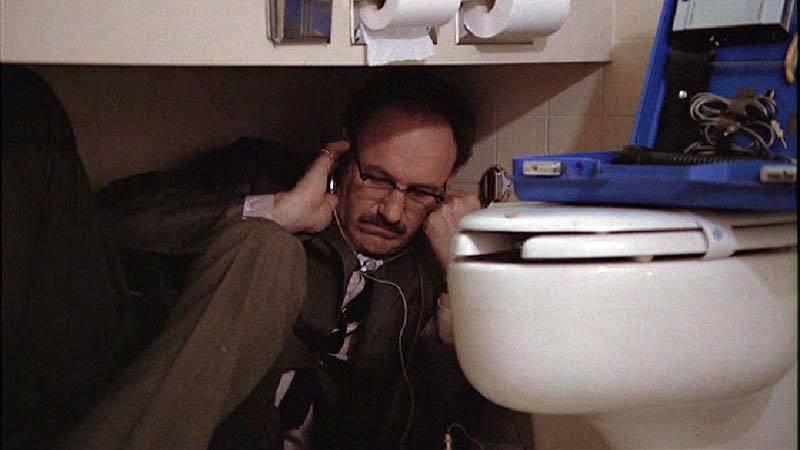
The Conversation. Gene Hackman plays Harry Caul, an emotionally guarded nerd having a hard time minding his own business. I hadn’t seen this since my twenties, and while it’s fantastic, I can see the seeds of Francis Ford Coppola’s downfall in the choice to portray the moral dilemmas of a closed-off schlub so operatically. When you think this guy deserves almost two hours of grand filmmaking (there’s a dream sequence where Caul outright expresses his deepest fears), of course your movies about war and true love and race and civilization are going to be epic boondoggles.
Like many, I long thought The Conversation was about Watergate, but that was just a bit of zeitgeist that coincided with post-production. Watching as a weathered schlub today, it was easy to understand Coppola was questioning the ability to merely document and stay objective, and how that impulse can be exploited by others (also that dudes who truly stay focused on their craft get ass). It’s the kind of minor classic where the only debate is whether the clarity of the subtext makes the twist gratuitous and cheap, or if overwrought filmmaking rushes a great twist. You have to love that ‘70s movies like The Conversation and Blow Out had directors debating whether filmmaking was a cowardly avoidance of true engagement with the world, and today people complain nobody makes films like they did in the ‘70s. FIVE BAGS OF POPCORN.
Alessia Cara, "Get To You"
As with Here We Go Crazy, I haven’t sussed how potent rather than pleasant Alessia Cara’s Love & Hyperbole is. But “Get To You” is a lost Lilith Fair classic, tricky Ani D verses exploding into a pedal-hopping chorus with real post-shoegaze ache. It’s a collaboration with Jon Levine of The Philosopher Kings, who apparently were a big deal up north in the ‘90s (I always forget Cara is Canadian). I gotta find out if they made this sound on the regular!
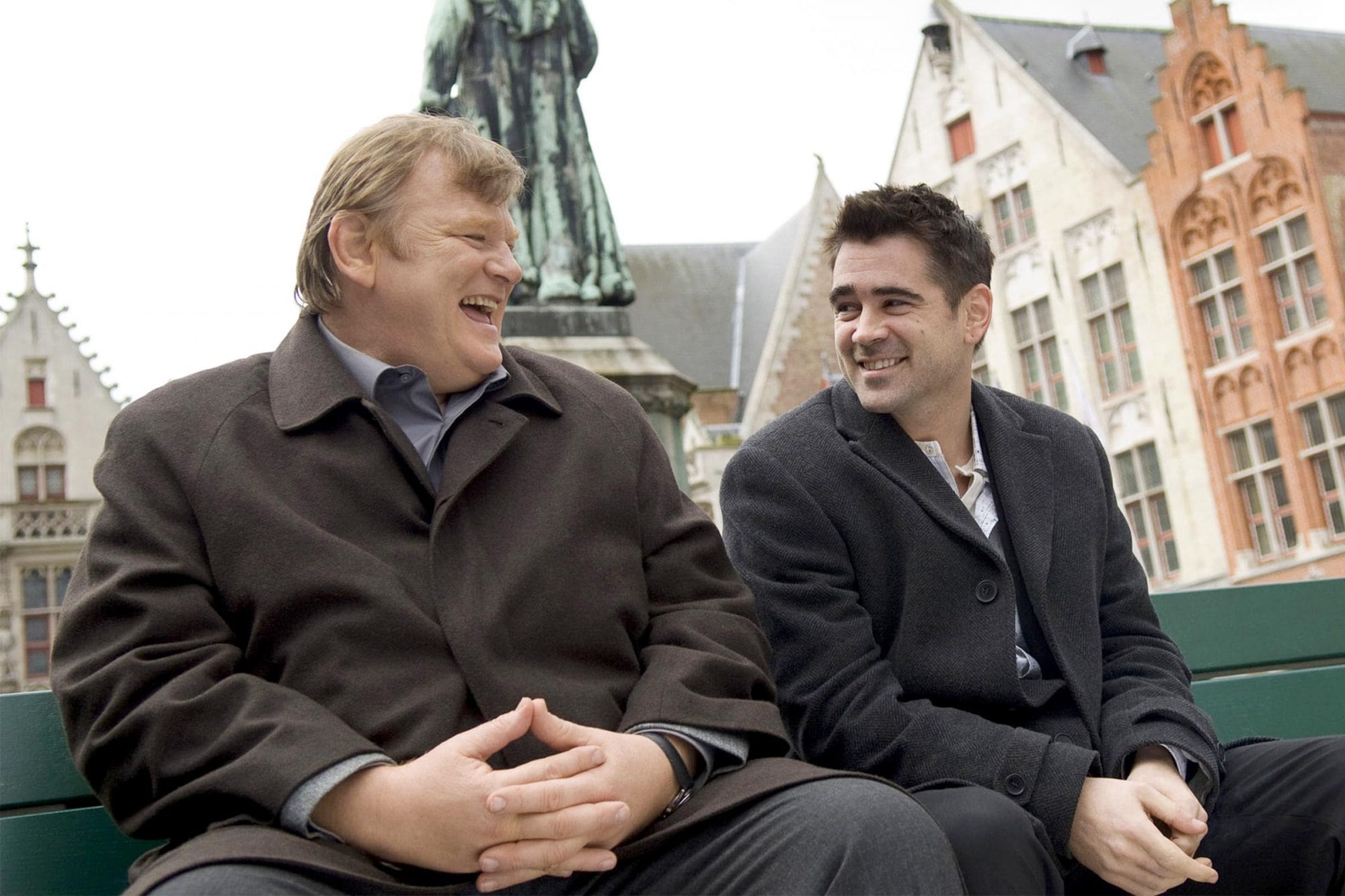
I couldn’t remember why I didn’t like In Bruges, as all I remembered were things I liked in other movies (Colin Farrell playing a schmuck, lovely European vistas, Ralph Fiennes fuming). With the previous Martin McDonagh/Colin Farrell collaboration, Seven Psychopaths, a popcorn classic, I decided to check if this similarly held up. It almost works as a crass mob two-hander despite a needlessly dark motivating incident, until McDonagh decides to earn that darkness with cruel, hollow contrivance, a protracted suicide set to Irish pipes, and other bits of mood-killing misery. God help me, despite knowing what award-baiting atrocity McDonagh is capable of (I saw twenty minutes of that Billboards movie and woof), I still might put on The Wild Horses Of Isherin or whatever it’s called, just to see Brendan Gleeson suffer Farrell again. THREE BAGS OF POPCORN.
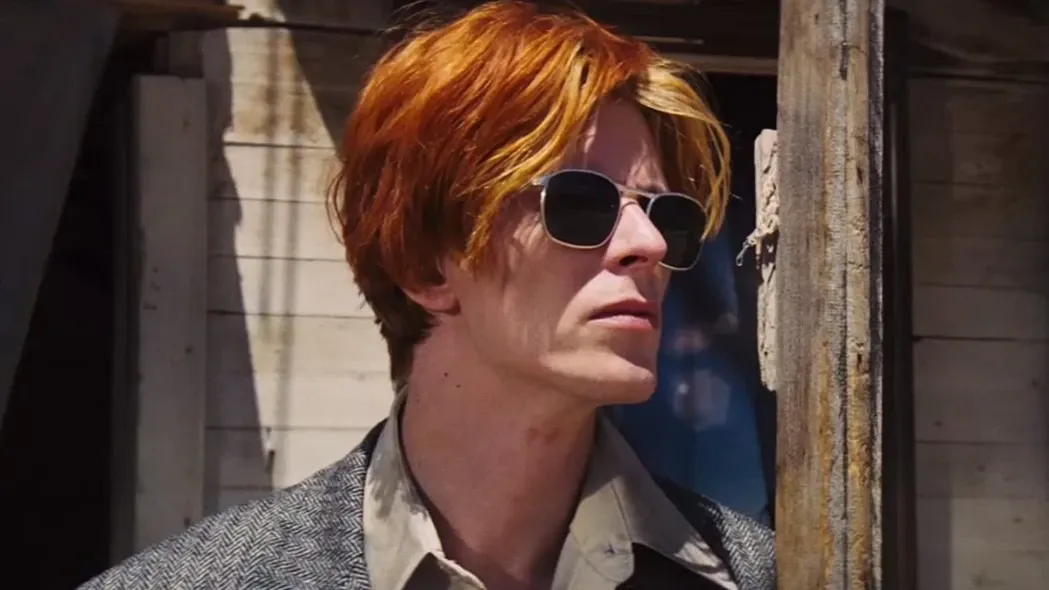
The Man Who Fell To Earth. David Bowie, the entrepreneurial artist from England who said he was an alien hoping to blow our minds, plays an alien hoping to blow our minds while claiming to be an artistic entrepreneur from England. What keeps Nicolas Roeg’s film from being an insufferable Christ allegory is that, despite his otherworldly qualities, the man who fell to earth is really just a man, distracted from a simple, pure sense of purpose by the addictive noise of the world around him. Bowie’s Thomas Newton is no more noble or tragic than anyone else in the movie, just more naive, with surreal qualities that allow for Roeg’s visual flights of fancy (though Roeg can create memorable images out of a demure lawyer’s spectacles). Rip Torn going from a proudly boorish pig to a loving partner of the woman Newton used and resented suggests American vice is less inescapable than something you should look at critically and be exposed to at a young age, like French kids and wine. Other than a gooey alien love sequence set to trumpets, I love every outlandish set piece in this thing. POPCORN CLASSIC.
The bags of popcorn are explained here. You can bong along some comments to anthonyisright at gmail dot com if you wish.
